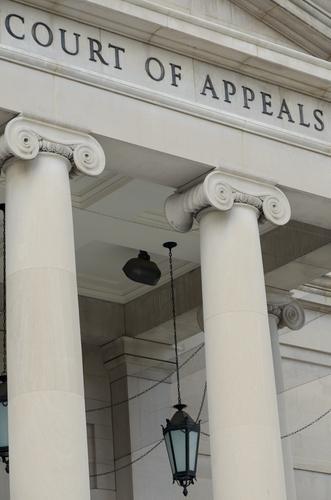Understanding the Criminal Appeals Process
 The criminal justice system is about seeking the truth, and in many ways its procedures are designed to give the defendant a fair trial. Unfortunately, mistakes do happen. Judges can make the wrong call about allowing a piece of evidence in, or they can misunderstand the legal standard for making a decision. When those problems arise and end up changing the outcome of a case, criminal defendants have an opportunity to set things right. They may choose to file a criminal appeal. Appeals are legal proceedings in front of a panel of new judges who have the authority to correct errors of law or fact that the lower court judge may have made.
The criminal justice system is about seeking the truth, and in many ways its procedures are designed to give the defendant a fair trial. Unfortunately, mistakes do happen. Judges can make the wrong call about allowing a piece of evidence in, or they can misunderstand the legal standard for making a decision. When those problems arise and end up changing the outcome of a case, criminal defendants have an opportunity to set things right. They may choose to file a criminal appeal. Appeals are legal proceedings in front of a panel of new judges who have the authority to correct errors of law or fact that the lower court judge may have made.
The Criminal Appeals Process
Criminal appeals are a continuation of a person’s legal proceedings after a trial ends. People do not need to use their appeal, but each defendant has the right to one, provided that they follow the correct procedural rules, such as filing within 30 days of their sentencing. The entire proceeding focuses specifically on a potential error that the trial court judge may have made during the lower court proceedings. Defendants may choose to put forth multiple errors that the lower court judge made for correction, but there are time limits that usually prevent judges from considering more than two to three errors at most.
How Courts Decide Appeals
The way courts decide criminal appeals depends upon the type of question that the defendant is asking them to consider. Questions on appeal break down into three categories: questions of fact, questions of law, and issues of discretion. Questions of fact are questions about whether something actually happened or was true e.g. "Was John at home 50 miles away when the murder was committed?" On questions of fact, the appeals court provides deference to the trial court’s decision since the trial court proceedings involve a more thorough review of the evidence. Consequently, courts will only overturn questions of fact if there was a clear error.
Questions of law differ from questions of fact in that they are issues that the judge must decide about legal standards, such as which side has to prove certain things in a case. Appeals courts provide no deference to trial courts on these issues, so they are much more likely to be overturned.
Issues of discretion arise in situations where the law gives the judge discretionary power to do something, such as whether to allow a piece of evidence into the case. In cases of judicial discretion, courts will only overturn the decision if the judge abused their discretion by acting in an unreasonable or arbitrary way.
The criminal appeals process is designed to ensure that everyone charged with a crime in Illinois gets a fair hearing. If you are facing criminal charges, contact an experienced Kane County criminal defense attorney to learn what other rights you have.







